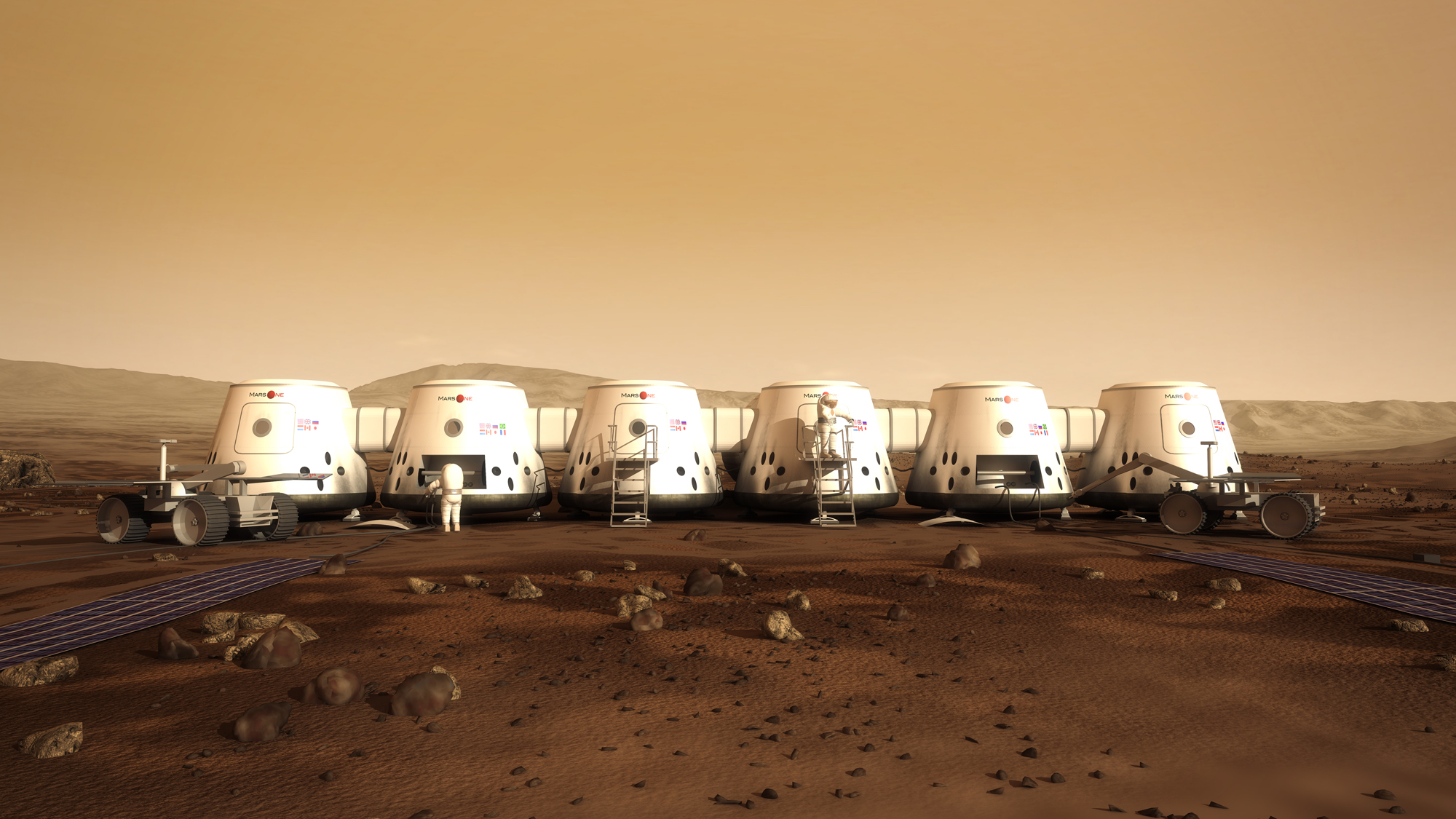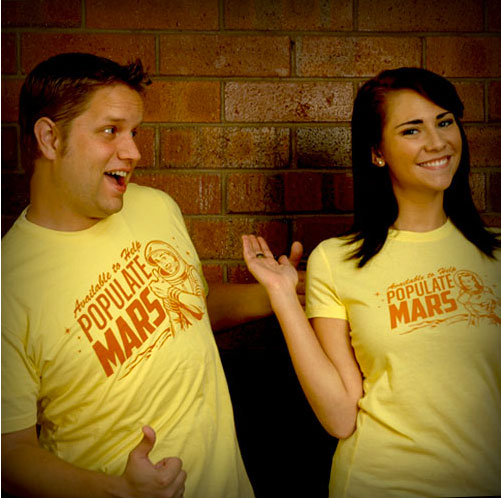
Could, and Should, Astronauts Have Babies on Mars?

The first Martian colonists may want to think twice about reproducing. Though it may not seem like the most pressing problem facing the future astronauts of the Mars One expedition aiming to launch in 10 years, whether or not to have children could be a major biological and ethical conundrum.
Today (April 22), the nonprofit Mars One organization announced its plan to begin selecting astronauts for one-way missions to Mars. These spacefarers would establish the first Martian colony, with subsequent crews arriving every two years. Eventually, those Mars settlers may want to have families — but can they? Doctors say they don't know whether humans would be able to become pregnant and give birth in the lesser gravity on Mars (it's got 38 percent of the gravity on Earth), not to mention how babies would fare under the excess radiation outside of Earth's protective atmosphere.
"We definitely will start out at first with animals and see how the pregnancy works with animals," said Norbert Kraft, Mars One's chief medical officer. "We will go from there after these results and think about human pregnancy." But a truly self-sustaining colony as Mars One envisions can't rely on new recruits from Earth. Eventually, humans will likely have to experiment with pregnancy on Mars. And if that's not hard enough, just wait 'til they try raising teenagers on Mars.
Follow Clara Moskowitz on Twitter and Google+. Follow us @Spacedotcom, Facebook and Google+. Original article on SPACE.com.
Breaking space news, the latest updates on rocket launches, skywatching events and more!
Join our Space Forums to keep talking space on the latest missions, night sky and more! And if you have a news tip, correction or comment, let us know at: community@space.com.

Clara Moskowitz is a science and space writer who joined the Space.com team in 2008 and served as Assistant Managing Editor from 2011 to 2013. Clara has a bachelor's degree in astronomy and physics from Wesleyan University, and a graduate certificate in science writing from the University of California, Santa Cruz. She covers everything from astronomy to human spaceflight and once aced a NASTAR suborbital spaceflight training program for space missions. Clara is currently Associate Editor of Scientific American. To see her latest project is, follow Clara on Twitter.

